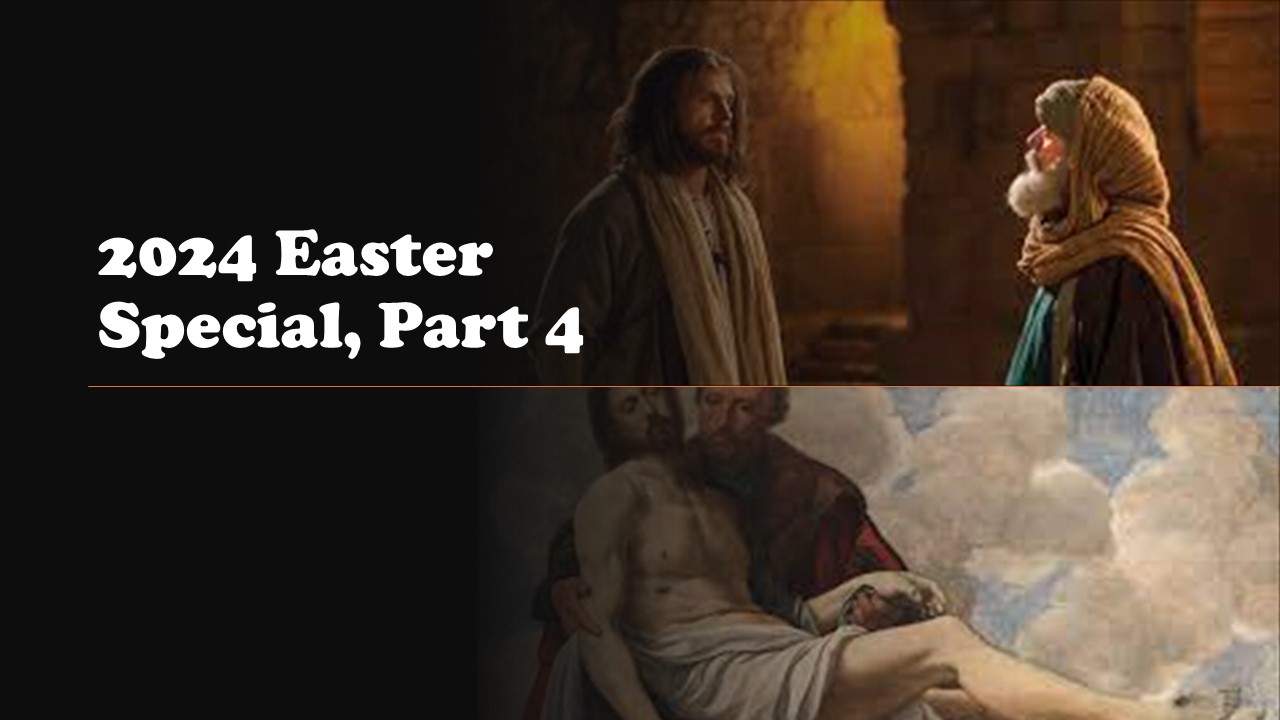When Jesus declared, “I am the bread of life,” He wasn’t simply using a poetic image. He was pointing to the most essential need of every human heart—spiritual sustenance found in Him alone. For people who lived on bread as their main source of nutrition, this metaphor would have felt immediate and tangible. It connected their daily hunger to their deeper longing for eternal life.
Jesus contrasted the temporary provision of physical bread with the eternal satisfaction found in Him. Just as the Israelites received manna from heaven in the wilderness, now a new kind of bread—true, lasting, heavenly bread—was present in the person of Christ. He is not just a gift from God, but God Himself, offering His very body and blood to nourish and redeem us.
To abide in Jesus is to trust Him for more than help—it is to rely on Him for life itself. Our hearts are restless until they feast on His presence, truth, and love. In a world of quick fixes and fleeting pleasures, Jesus remains our daily bread, our eternal hope, and the only One who satisfies completely.

Today’s episode is Part 4 in our five part Easter Special. Today’s episode features two members of the Sanhedrin that condemned Jesus: Joseph of...

The Bible speaks often of the heart. The word heart can mean different things depending upon the context. Most often, the heart refers to...

The Bible does not use the exact phrase Christian walk at all; however, the New Testament does explain to Christians how to “walk” in...